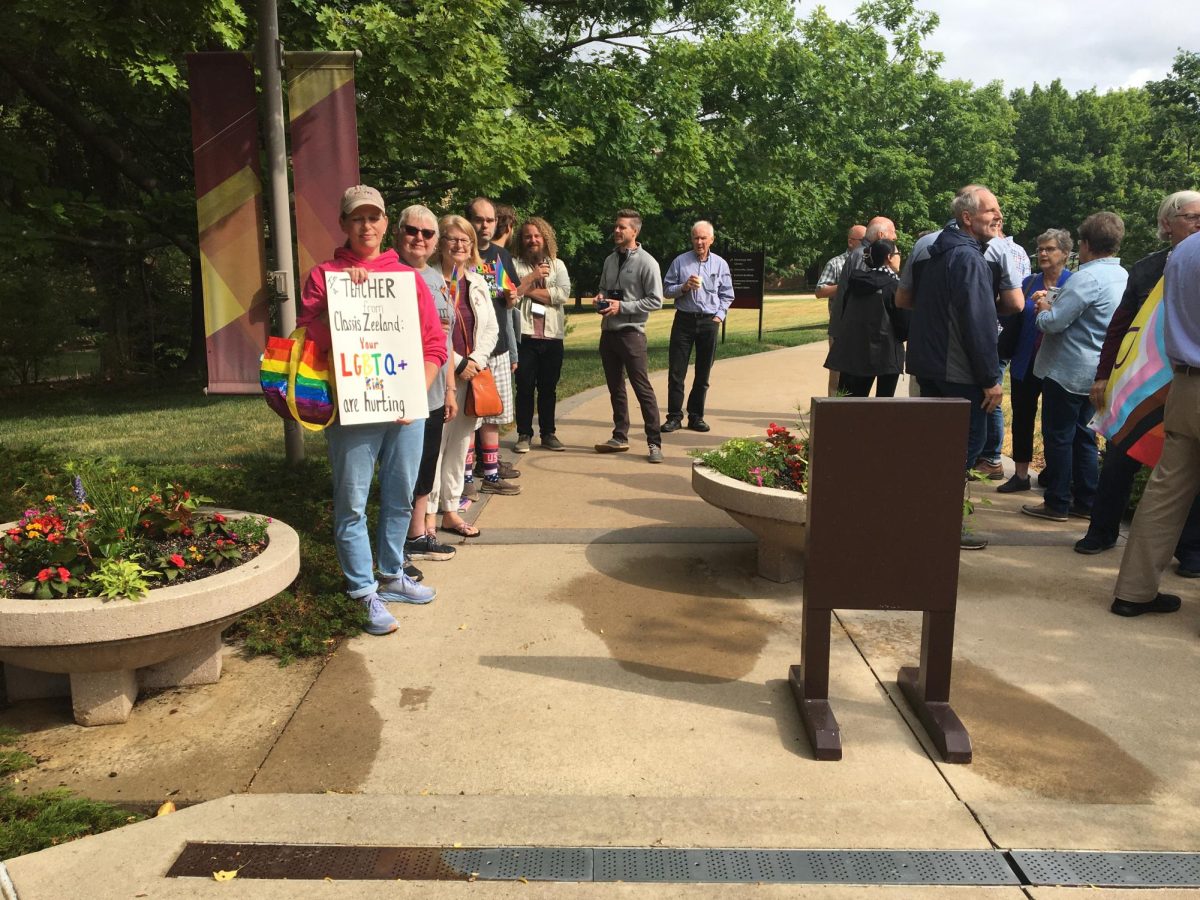In a unanimous decision on Feb. 6, the Supreme Court of Canada (SCC) ruled that laws banning physician-assisted suicide (PAS) are unconstitutional.
Four leaders of the Christian Reformed Church in North America (CRC) sent a letter to the denomination’s Canadian congregations on Feb. 18 to bring the decision to their attention and encourage “prayer and careful discernment” about the issue.
The decision overturns a 1993 ruling by the SCC that denied the right to PAS and gives Canadian federal and provincial governments 12 months to change their laws and make new ones that define situations in which PAS is appropriate.
The rationale for the Court’s decision was that banning PAS “violates rights to life, liberty and security.”
Unlike euthanasia, where a physician makes a decision to mercifully end a patient’s life, PAS requires the explicit request of a fully mentally functioning patient who has been presented with all available treatment options.
The CRC letter expresses concerns that, because the SCC ruling does not limit the right to PAS to the terminally ill, “all persons with a serious disability can access assisted suicide.” The CRC leaders add that “this degree of permissiveness does not exist anywhere else in the world.”
According to Calvin philosophy professor Ruth Groenhout, this “right to die” has been affirmed by some European courts since the 1990s, and PAS is especially accepted in the Netherlands, where Reformed churches strongly oppose the practice.
Groenhout explained that, in contrast, the United States Supreme Court (USSC) has decided that people “do have a right to life, but that doesn’t include the right to decide when your life will end.”
The USSC, by not affirming the right to die, leaves the decision to allow PAS to each state. Currently, PAS is legal in Oregon, Montana, Washington, New Jersey and Vermont.
According to Groenhout, most contemporary Christian groups affirm a patient’s right to refuse treatment but not the right to request death that PAS requires. The CRC stated in Synod 2000 that it will “oppose legislation that endorses assisted suicide or mercy killing.”
Many Christians who oppose PAS hold up hospice as a form of end-of-life care that emphasizes comfort and dignity over treatment but doesn’t embrace death as a solution.
One important issue for Christians to consider, Groenhout said, is why people feel the need to request death through PAS.
“One of the reasons people push so hard for the right to commit suicide is because they feel like they’re really abandoned and treated as lacking all dignity and respect at the end of life,” she said.
Groenhout emphasized the “Christian mandate” to care for the terminally ill and near-to-death and questioned whether Christians have always been doing this well enough: “If we’re not [caring for the dying] adequately, is that one of the reasons that people are choosing to end their lives?”
Decisions like the SCC’s, Groenhout said, provide the opportunity for Christians to think about what it means to live in a secular society that values personal control and autonomy when those priorities conflict with Christian values.
“One of the classic notions that Christians have is that we are not our own,” Groenhout said. “We belong to someone else, and our lives don’t get value simply because we determine them. Our lives have value because they are held in God’s hands, which is a very different way of thinking about human life.”
The CRC letter urges Canadian churches to respond to the SCC decision by supporting new laws on PAS in the 12 months before the Court’s ruling goes into effect. These laws should, according to the letter, “emphasize compassion” and “protect vulnerable people.”
Rather than a “heated reaction,” the CRC encourages churches to engage with the issue, pray about it and contact legislative representatives with concerns.
“We have an opportunity to support, encourage and motivate our legislators,” the letter read “to protect the vulnerable and promote compassion.”






